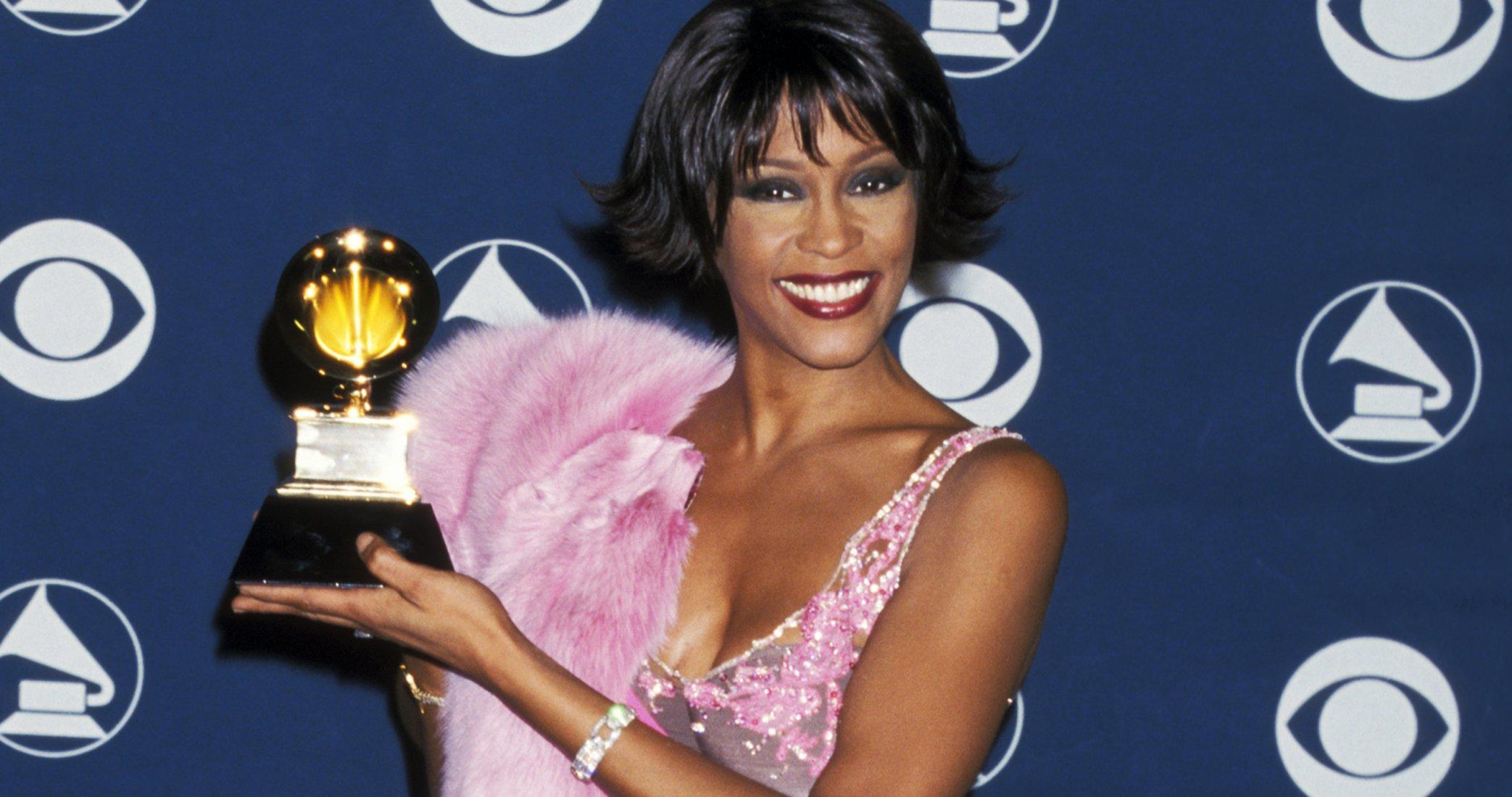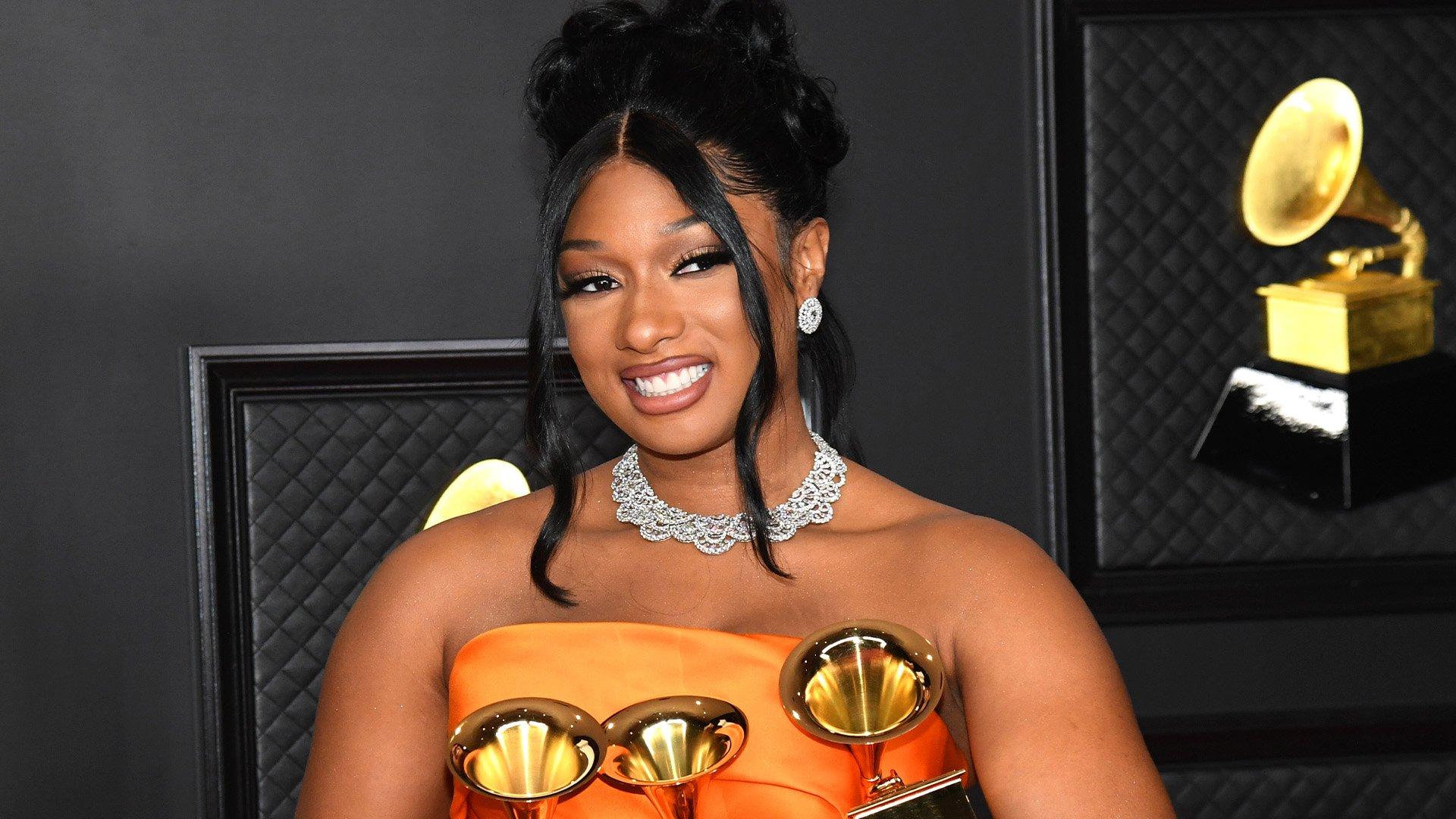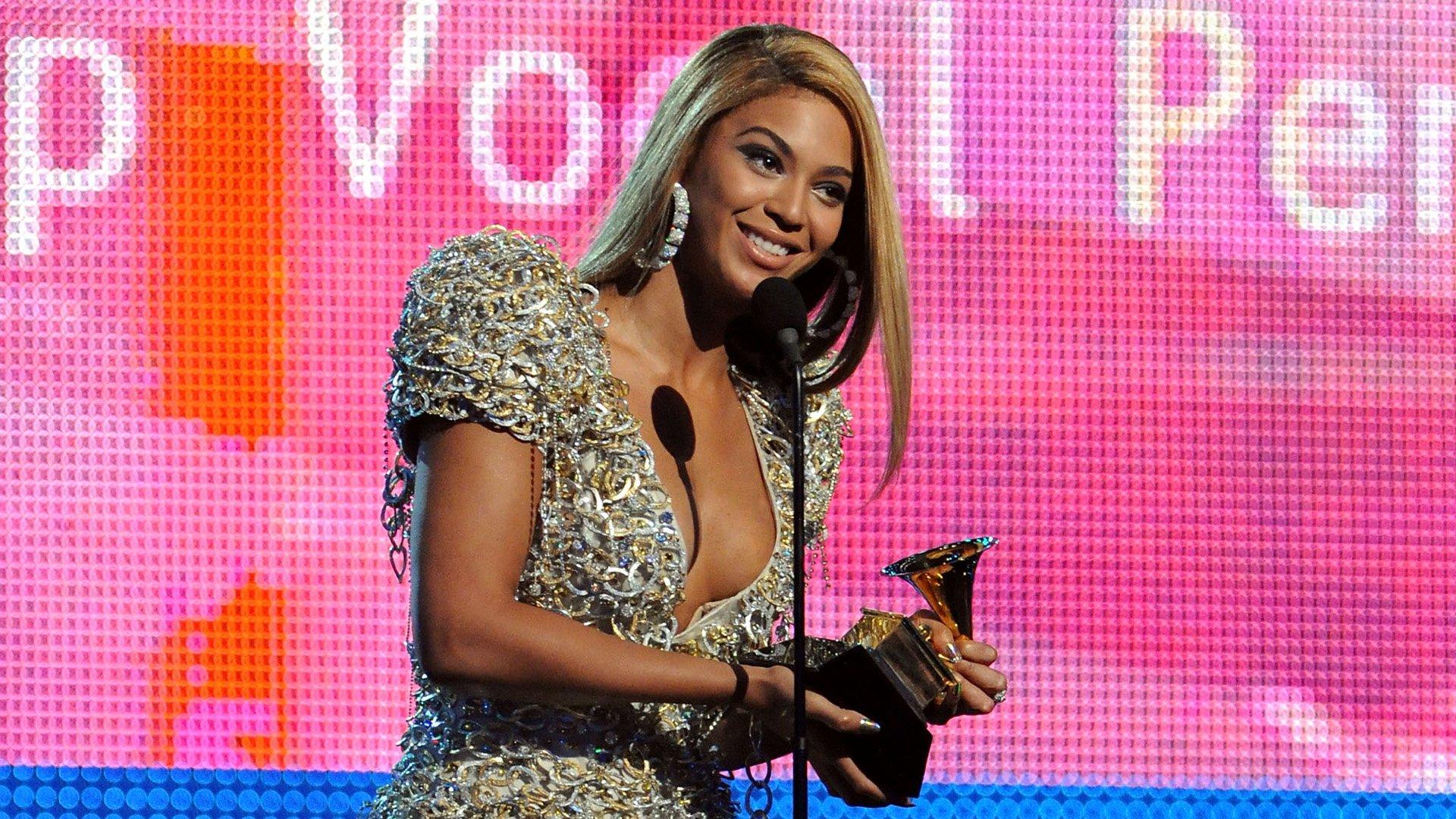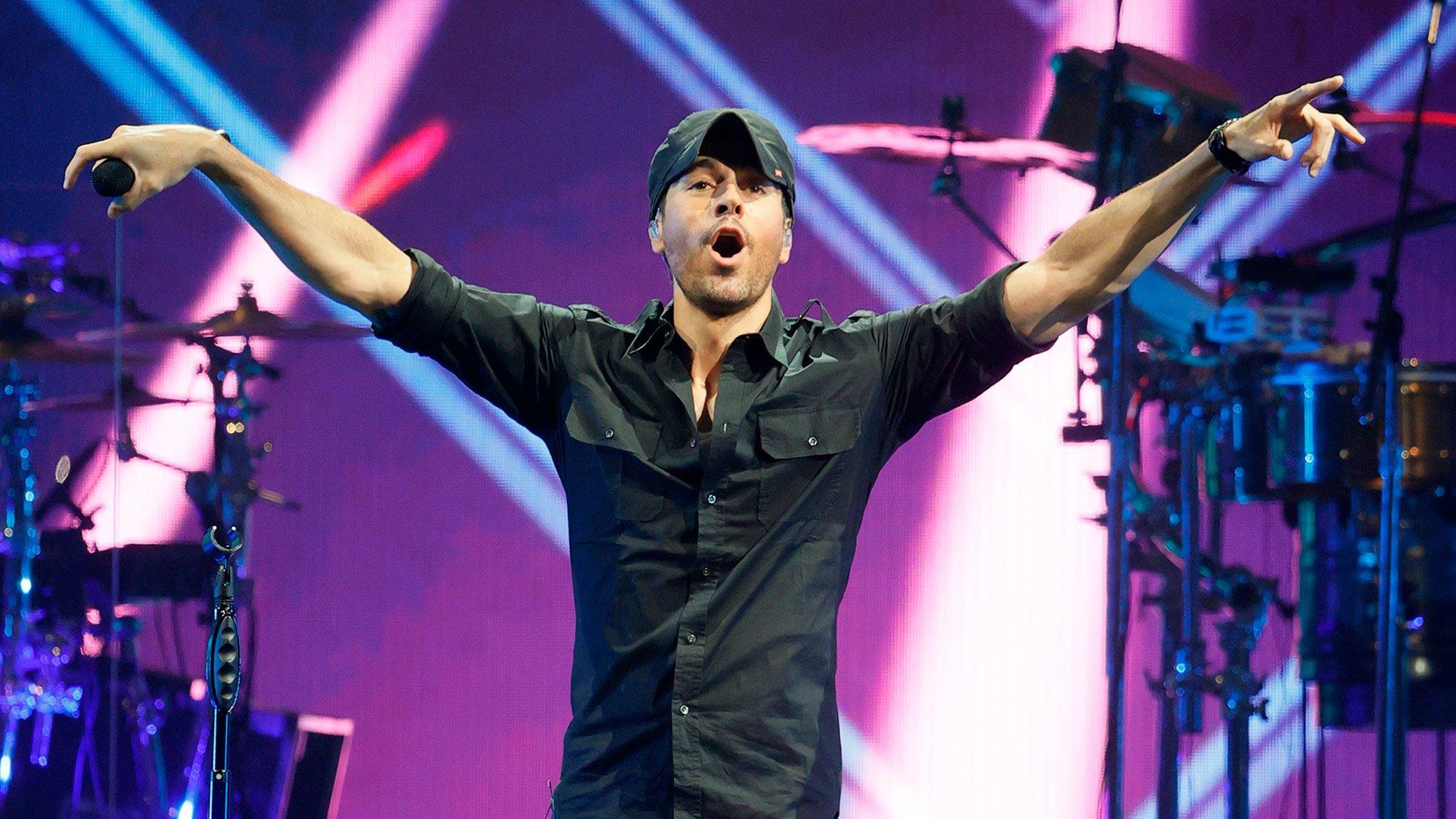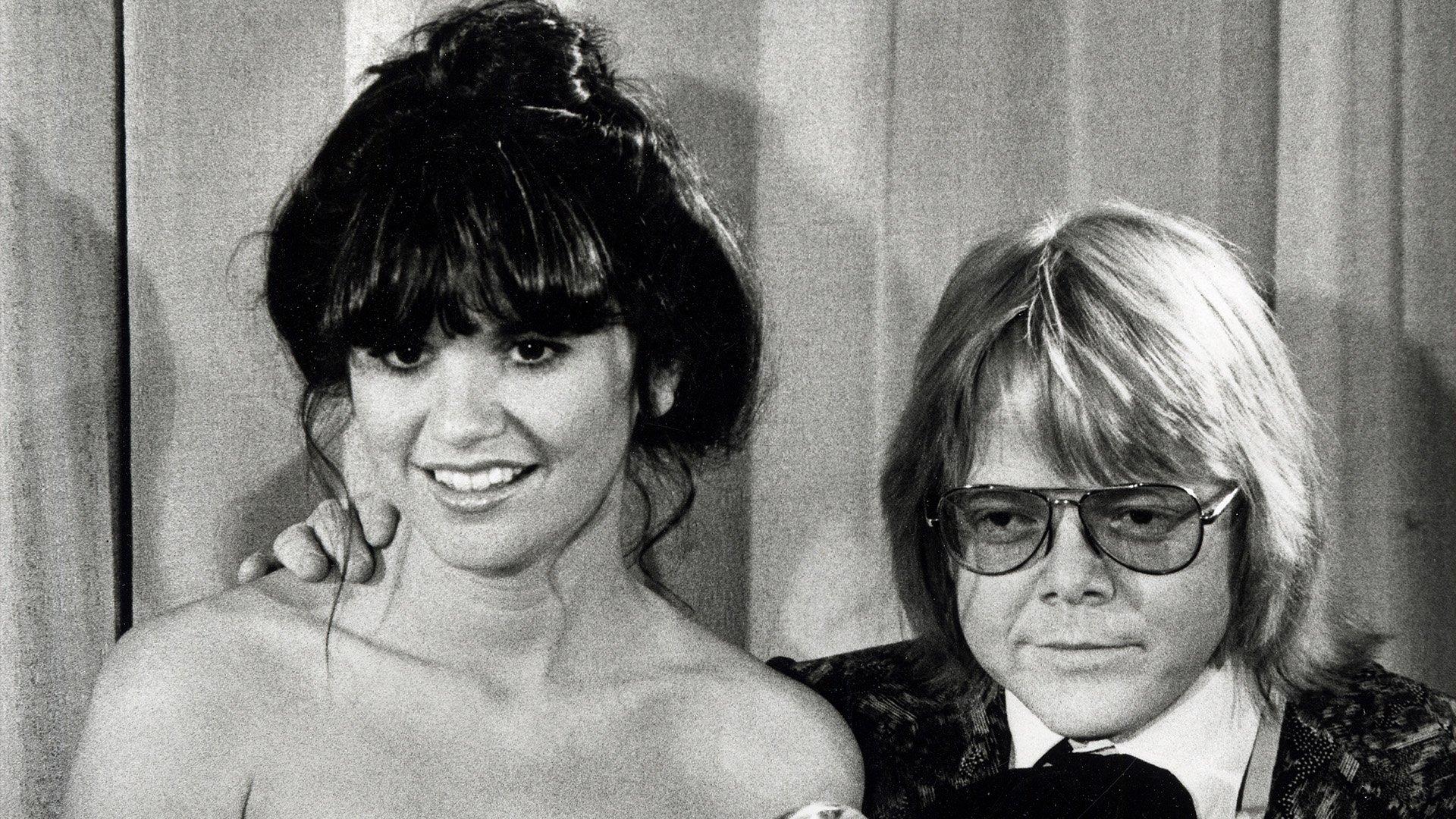Latin music has gone global and Enrique Iglesias is one of the superstars who laid the foundation for that crossover. The Spanish pop icon's music career spans four decades of hits both in his native tongue and in English. Following his reign as Billboard’s Greatest Latin Artist of All-Time, Iglesias marks the end of an era with the last album of his career, Final Vol. 2.
Iglesias followed in the footsteps of his father, singer/songwriter Julio Iglesias, and made his own debut in the 1990s with Spanish-language love songs. He began singing in English at the end of the decade, and subsequently led an explosion of interest in Latin pop alongside acts like Ricky Martin, Jennifer Lopez, and later Shakira.
As of writing, Iglesias has a record-breaking 27 No. 1 singles on Billboard's Hot Latin Songs chart, and solidified himself as a global heartthrob with an allure that defies language barriers. For his efforts, Iglesias has won one GRAMMY and five Latin GRAMMY Awards.
Enrique Iglesias will release what will likely be his final album on March 29, aptly titled Final (Vol. 2). Ahead of his final bow, here are 10 tracks that celebrate Iglesias' legacy in Latin music.
"Experiencia Religiosa" (1995)
Iglesias made his debut in 1995 with a self-titled first album. Among the ballads on the10-track LP, the otherworldly "Experiencia Religiosa" best demonstrates the power of his charm.
Backed by the piano with elements of gospel music, Iglesias belts his heart out about a night of passion that felt like spiritual awakening. To capture the energy of the sparks flying, an electric guitar solo rounded out his soulful yet sexy sermon. Iglesias demonstrated his knack for seamlessly blending together romance and sex appeal, which would go on to define his artistry and style.
Enrique Iglesias earned the singer his first golden gramophone at the 39th GRAMMY Awards for Best Latin Pop Performance.
"Nunca Te Olvidaré" (1997)
Iglesias proved that he was here to stay with his third album, 1997's Cosas Del Amor. The LP includes one of his signature love songs, "Nunca Te Olvidaré."
Iglesias' voice reached angelic highs in the Spanish-language power ballad, which details romance that left a lasting impression. No matter what happened, the love Iglesias shared with that person couldn't be forgotten — much like his impact on the Latin pop explosion that was brewing.
"Bailamos" (1999)
Proving he was so much bigger than the Iglesias last name, he crossed over into the English-language market with his 1999 album Enrique. Iglesias became a global Latin pop heartthrob with the sultry club banger "Bailamos." The song was featured on the Wild Wild West soundtrack, after Will Smith personally invited Iglesias to contribute music to the project.
Backed by the strum of the Spanish guitar with alluring synths, he invited the world to dance with him in English and Spanish. In a major moment for Latin acts at the time, the song topped the all-genre Billboard Hot 100 chart. The massive success of the song led Iglesias to sign with Interscope Records, where he released his breakthrough album.
"Could I Have This Kiss Forever" (1999)
One of the underrated gems on Iglesias' Enrique album is his collaboration with six-time GRAMMY-winner Whitney Houston.
The late pop legend joined forces with him for the sensual "Could I Have This Kiss Forever," making worlds collide with an irresistible mix of Latin percussion, Spanish guitar, and R&B. Houston also sang a bit in Spanish with Iglesias. His dreamy duet with Houston (who also sings in Spanish) broke down barriers for collaborations between Latin and English-language pop acts. In the years that followed, he collaborated with superstars like Kelis, Ciara, and Usher.
"Hero" (2001)
Iglesias' love songs in English touched the hearts of millions around the world. One of his enduring classics is the empowering "Hero" from his 2001 album Escape.
The beautiful ballad was released in both English and Spanish. In one of most tender vocal performances, Iglesias serenades his lover with sweet lyrics about always being by her side. After the song impressively peaked at No. 3 on Billboard's Hot 100 chart, Iglesias proved that his star power was here to stay.
The song also became an anthem of hope for the U.S. following the Sept. 11 attacks, and Iglesias was invited to perform "Hero" for the broadcast special "America: A Tribute to Heroes."
"Bailando" (2014)
After laying the foundation for the globalization of Latin music, Iglesias enjoyed one of his greatest career triumphs in 2014 — in both Spanish and English.
The feel-good smash "Bailando" blended Caribbean rhythms with flamenco influences, bringing together Sean Paul and Cuba's Descemer Bueno and Gente De Zona. The Spanglish banger peaked at No. 12 on the Billboard Hot 100 chart. At the 2014 Latin GRAMMYs, Iglesias and his collaborators took home golden gramophones for Song Of The Year, Best Urban Performance, and Best Urban Song.
The success of the song also helped usher in the reggaeton music revival of the last decade. Pop and reggaeton collaborations became more commonplace with songs like "Despacito" by Luis Fonsi and Daddy Yankee and J Balvin’s "Mi Gente" remix with Beyoncé later following suit.
"Beautiful" (2014)
Iglesias joined forces with GRAMMY-winning dance-pop icon Kylie Minogue for "Beautiful," a haunting love song about a formidable romance that could withstand the apocalypse.
The electronic ballad was co-produced by Mark Taylor, who was also at the helm of Iglesias' collaboration with Houston. Iglesias and Minogue's voices melted together in a hypnotic harmony that made this song live up to its name. The song was included on Minogue’s Kiss Me Once album and deluxe edition of Iglesias’ Sex and Love LP.
"El Baño" (2018)
Before he became a GRAMMY-winning global star, Puerto Rican singer Bad Bunny teamed up with Iglesias for a freaky reggaeton romp, "El Baño."
Iglesias first turned up the heat by singing about getting intimate with his lover in the restroom. Bad Bunny dropped in that halfway point as his wingman with a fiery guest verse. The hypnotic collaboration was included on Iglesias' penultimate album Final (Vol. 1).
Iglesias later added a woman’s perspective to the song, bringing on Dominican reggaeton star Natti Natasha joining them on the remix. As one of Latin pop’s most daring artists, he was never afraid to push boundaries with his risque tracks.
"Space In My Heart" (2024)
After the release of his reggaeton-heavy Final (Vol. 1), Iglesias was ready to be more adventurous with the music that followed. In 2022, Iglesias ventured into country music for the first time with "Espacio En Tu Corazón."
To bring some more authenticity to the English-language version of the song, "Space In My Heart," Iglesias teamed up with GRAMMY-winning country star Miranda Lambert. The breathtaking country-pop ballad features Iglesias and Lambert singing passionately about winning over the hearts of their crushes.
The song is a highlight on the last album of his career, Final (Vol. 2). And while it seems like this may be the singer's final hurrah, Iglesias told PEOPLE in 2021: "No, I'm never gonna retire! I'm gonna keep on writing songs but that doesn't mean I need to be putting out albums every so often."
"Fría" (2024)
Iglesias is going out in style with "Fría." For the most vibrant song on Final Vol. 2, Iglesias collaborates with Cuban singer/songwriter Yotuel on a frisky and refreshing banger, which blends reggaeton beats with elements of tropical music.
Iglesias sounds like he's having a blast with Yotuel as they try to convince their partners there was no infidelity at last night's wild party. "I just went out for a cold one," Iglesias winkingly sings in Spanish. Cheers to the legacy of one of Latin pop's greater stars.
10 Women Artists Leading A Latin Pop Revolution: Kenia Os, Belinda & More

